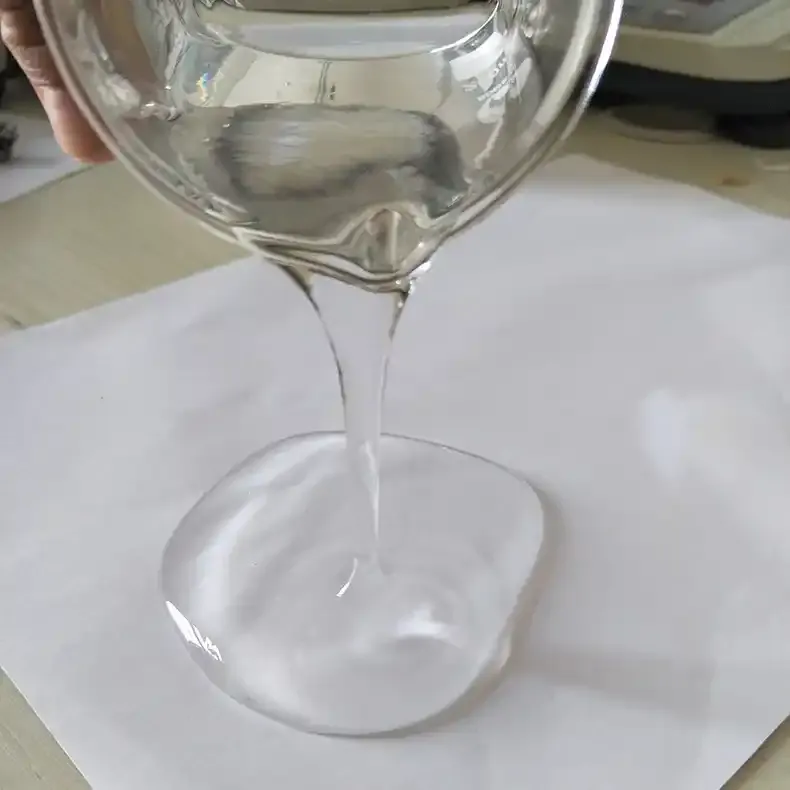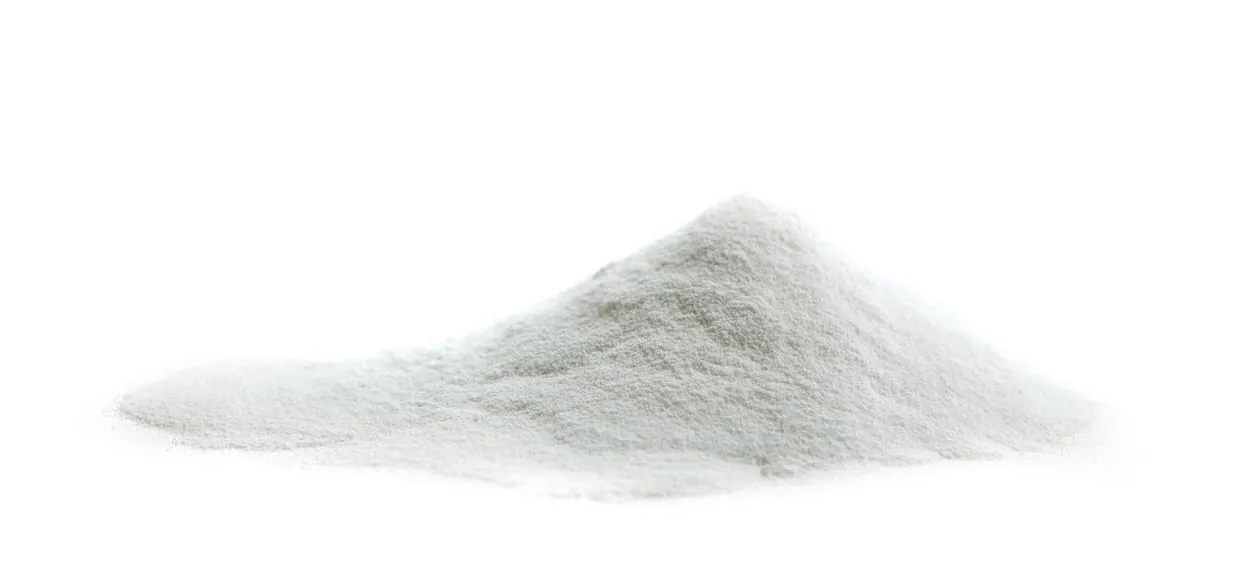
Understanding HPMC: Types, Uses, and Key Considerations
Hydroxypropyl Methylcellulose (HPMC) is a versatile, semi-synthetic polymer used in a variety of industries, including pharmaceuticals, food, and construction. It is particularly valued for its unique properties, such as water solubility, thickening ability, and film-forming characteristics. This article explores the different types of HPMC, its coating applications, and factors affecting its price and selection.

Types of HPMC and Their Applications
HPMC comes in various grades and types, each tailored for specific uses. The primary classification is based on the degree of substitution, which affects its solubility and viscosity. Low-viscosity HPMC is commonly used as a binder in tablets, while high-viscosity types are preferred for thickening solutions in foods and cosmetics. The most common types of HPMC are often categorized by their viscosity, such as 15,000 cps (centipoise) and 100,000 cps, which are used in applications ranging from pharmaceutical formulations to construction materials.
In the pharmaceutical industry, HPMC is widely used for tablet coatings, controlled-release formulations, and as a stabilizer in suspensions. Its ability to form smooth, uniform coatings makes it ideal for the creation of drug delivery systems that ensure the effective release of medication over time.

HPMC Coating and Gelation Temperature
One of the standout features of HPMC is its ability to form films and coatings, which are crucial for various applications. In the pharmaceutical sector, HPMC coating is often used for tablets to mask unpleasant tastes, improve appearance, or control the release of the active ingredient. The gelation temperature of HPMC is also an important factor. It refers to the temperature at which HPMC transitions from a liquid to a gel. This property plays a significant role in its use for sustained-release drug formulations and in food products, where precise gelation is needed to achieve the desired texture.
Factors Affecting HPMC Price and Choosing the Right HPMC Company
The price of HPMC can vary based on several factors, including the type of HPMC, its viscosity grade, and the quantity purchased. It is important for companies to consider both performance and cost when selecting an HPMC supplier. When choosing an HPMC company, businesses should prioritize factors such as quality assurance, product consistency, and reliable delivery times.

understanding the various types of HPMC and their uses can help companies optimize product formulations across different industries. Whether you are looking for a pharmaceutical-grade HPMC or a construction-grade product, working with a reputable HPMC company is crucial to ensuring both quality and cost-effectiveness.
Explore the best HPMC options for your business today. Contact a trusted HPMC supplier to discuss the types and applications that fit your needs.
-
Wholesale Water Reducing Admixture for Special Cement: PCE-Based Innovations in Concrete TechnologyNewsAug.15,2025
-
Wholesale Powder Water Reducing Admixture CP1000 and the Role of Modern Water-Reducing Admixtures in ConcreteNewsAug.15,2025
-
Understanding Redispersible Polymer Powder: Types, ApplicationsNewsAug.15,2025
-
Exploring Cellulose Derivatives: From Microcrystalline Cellulose for Sale to Advanced Packaging ApplicationsNewsAug.15,2025
-
Comprehensive Guide to Types of Water-Reducing Admixtures in Modern Concrete TechnologyNewsAug.15,2025
-
Comprehensive Guide to Redispersible Polymer Powder: Types, Applications, and Market InsightsNewsAug.15,2025





















